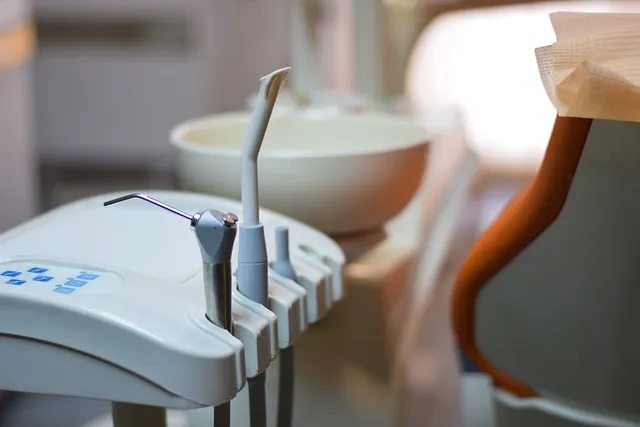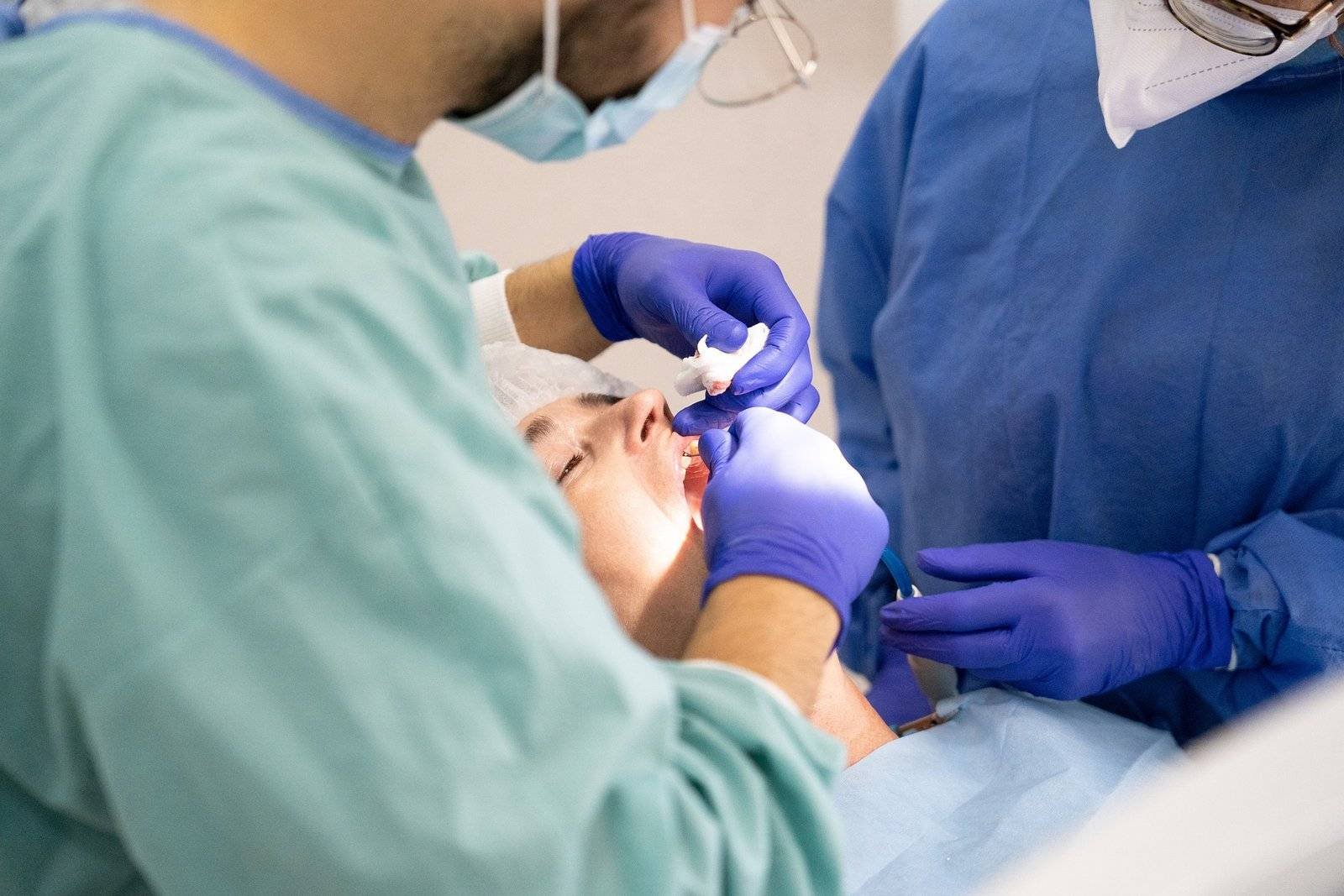
Introduction:
Pediatric dental care is a unique and rewarding field, but it comes with its own set of challenges. Creating a positive and comfortable experience for young patients while addressing common issues requires a combination of expertise, empathy, and effective strategies. In this blog post, we’ll explore prevalent challenges in pediatric dental care and provide dental professionals with valuable strategies for success in delivering exceptional care to their youngest patients.
Establishing Trust and Building Rapport:
Building trust with young patients is foundational for successful pediatric dental care. Establish a friendly and welcoming environment in the dental office, incorporating child-friendly décor, toys, and engaging waiting areas. Encourage positive interactions between dental staff and children, emphasizing a gentle and caring approach. Take time to talk to children, explain procedures in an age-appropriate manner, and actively listen to their concerns.
Preventing Dental Anxiety and Fear:
Dental anxiety can start early in childhood, leading to long-term dental phobias if not addressed proactively. Implement behavior management techniques such as tell-show-do, where procedures are explained visually and interactively before being performed. Consider using positive reinforcement, such as stickers or small rewards, to create a positive association with dental visits. Encourage parents to maintain a positive attitude about dental care at home.
Educating Parents on Early Oral Care:
Many pediatric dental issues can be prevented with proper at-home oral care. Educate parents on the importance of early oral care habits, including regular brushing, flossing, and a balanced diet. Provide demonstrations on effective brushing techniques for different age groups and offer guidance on choosing age-appropriate dental products. Emphasize the role of parents in modeling and reinforcing good oral hygiene practices.
Early Detection of Orthodontic Issues:
Orthodontic issues may start to emerge in early childhood, making early detection crucial for effective intervention. Incorporate orthodontic screenings into routine pediatric dental visits. Educate parents on signs of potential orthodontic problems, such as misaligned teeth or improper jaw development. Early identification allows for timely referrals to orthodontic specialists for further evaluation and intervention.
Preventing Early Childhood Caries:
Early childhood caries (ECC) remains a common issue despite being largely preventable. Educate parents on the importance of limiting sugary snacks and beverages, especially before bedtime. Encourage the use of fluoride-containing toothpaste and provide guidance on appropriate fluoride supplementation. Conduct regular screenings for signs of ECC and implement preventive measures such as dental sealants to protect vulnerable teeth.
Creating a Positive Dental Home:
Establishing a dental home early in a child’s life is essential for ongoing oral health. Encourage parents to schedule the first dental visit by the child’s first birthday or within six months of the eruption of the first tooth. Use these early visits to assess oral health, provide preventive care, and build a positive relationship with both the child and their parents. Emphasize the dental home concept as a place where children feel safe and cared for throughout their dental journey.
Special Considerations for Children with Special Needs:
Providing dental care for children with special needs requires additional considerations and sensitivity. Train dental staff in communication techniques and behavioral management strategies tailored to different special needs. Collaborate with parents and, when necessary, work with multidisciplinary healthcare teams to ensure comprehensive and compassionate care for children with special needs.
Conclusion:
Successfully addressing common issues in pediatric dental care involves a multifaceted approach that combines clinical expertise with a child-friendly environment and effective communication. By focusing on building trust, preventing dental anxiety, educating parents, detecting orthodontic issues early, preventing early childhood caries, creating a positive dental home, and catering to the unique needs of children with special requirements, dental professionals can set the stage for a lifetime of optimal oral health for their young patients.
Remember, the impact of positive early dental experiences can extend far beyond childhood, shaping a child’s attitude towards oral care and influencing their lifelong oral health habits. With a commitment to these strategies, dental professionals can create a positive and lasting impact on the oral health of the next generation.
Muskan.ai – An ecosystem powered by Artificial Intelligence for dentistry.
Introducing Muskan.ai, a cutting-edge ecosystem driven by Artificial Intelligence tailored for the field of dentistry. Our innovative AI engine seamlessly integrates with a suite of AI products, empowering dentists to elevate their practice. Through this integration, dentists can optimize their workflow, save valuable time, and concurrently boost their revenue.
With our advanced AI-based radiography analysis tool, dentists can enhance patient treatment acceptance rates and obtain a valuable second opinion promptly. Our AI-powered oral hygiene checkups provide dentists with insights into a patient’s dental status, allowing for efficient time management and enabling the feasibility of tele-dentistry. Patients can conveniently connect with their dentists through a user-friendly mobile app.
Meet DAISY, our AI-powered dentalGPT, designed to interact naturally with patients, addressing their minor queries regarding dental health. In addition to these features, we are at the forefront of championing AI-based Oral Cancer Screenings, offering timely interventions and facilitating recovery without resorting to invasive treatments. Muskan.ai is not just a technological advancement; it’s a transformative force enhancing both dentistry practice and patient care.



